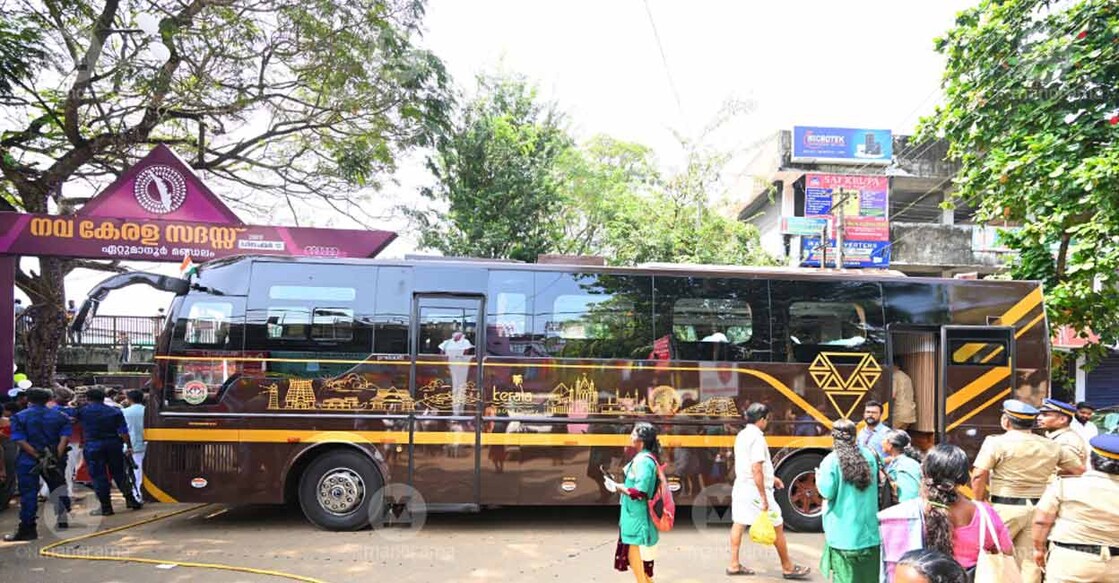Few grievances addressed at Nava Kerala Sadas; Cabinet keeps off complaints

Mail This Article
Thiruvananthapuram: Unlike the public interactions conducted by the then chief minister Oommen Chandy during the term of the United Democratic Front (UDF) - when Chandy personally took decisions on the grievances of the public - neither the present Chief Minister nor his cabinet colleagues considered any of the complaints submitted by the common people during the recent Nava Kerala Sadas.
A sarcastic social media post by a resident of Thrissur who had approached the Sadas when it arrived in his Assembly constituency summed up the situation. “The panchayat officials declined to issue a building number for a new construction I had carried out citing some silly rules. I filed a complaint at the Nava Kerala Sadas. My complaint was forwarded to the panchayat. I soon received a message which informed me that the panchayat officials had, in their response to my complaint to the Sadas, said that a building number could not be allotted. I am now happy!”
This was the status of majority of the complaints received at the venues of the Sadas, which was held in all the Assembly constituencies in Kerala and concluded in the capital on Saturday. When Chief Minister Pinarayi Vijayan reminded Thomas Chazhikkadan MP during the Sadas at Pala that the programme was not a grievance-redressal mechanism, he was giving a message to the public too. Therefore, the government set up a facility to receive complaints from the people at all venues of the programme which was distinct from the Sadas. With the Chief Minister and ministers not intervening in the complaints submitted at these counters, all decisions were taken by officials.
Incidentally, when Chandy conducted his public outreach programmes, the Left Democratic Front (LDF) had criticized him for carrying out the work of village officers. The Sadas revealed that the LDF still maintained that position even after coming to power.
The government had earlier promised to settle all complaints received during the Sadas in two weeks. If a decision could not be taken at the local level, the issue would be finalized at the district-level in 45 days, it had added. In case the matter was still undecided, state-level authorities would examine the complaint, according to the government. However, when 45 days had passed after the Sadas started touring the northern districts, a decision was taken on a mere 20-percent of the complaints.
Curiously, when the government claimed that a complaint would be settled, it did not mean that the issue would be solved. Instead, the suggestion was that officials would only take a decision, whether it was favourable or unfavourable to the complainant.
Officials perplexed over complaints
Even when thousands of complaints were received at the counters set up at the venues of the Sadas, the officials were clueless about dealing with many of them. Majority of the complaints related to welfare pensions, conversion of land, delay in PSC appointments, land boundary disputes, allotment of houses under the Life Mission, supply of potable water and allotment of building numbers. Several organisations also submitted petitions seeking new bridges and roads. Similarly, local bodies also placed certain demands. Government officers who accepted these complaints and petitions decided to forward them all to the Public Works Department.

